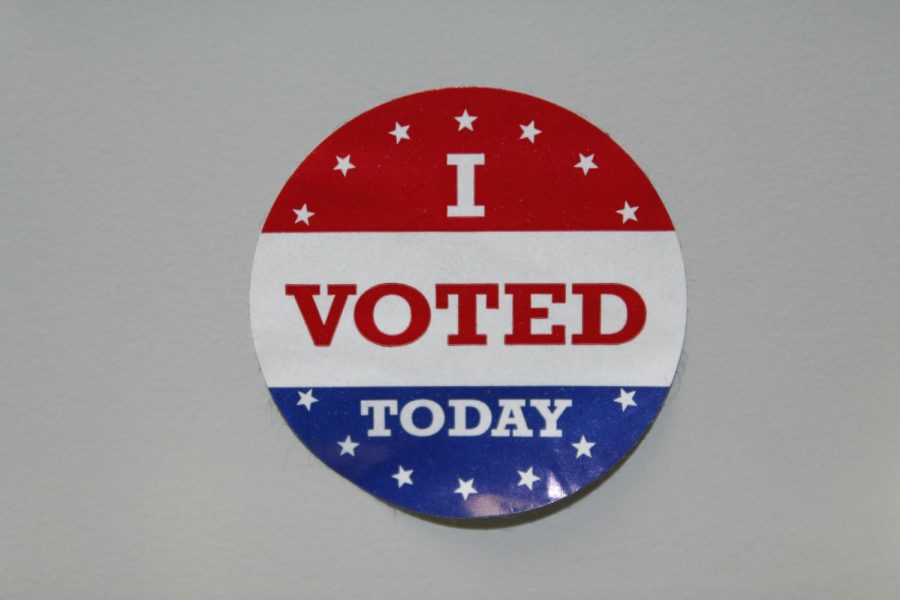On Educated Voting
December 18, 2019
From the start of our nation’s prosperity, has soon followed the notion of democracy. The conceptual process rooted in the ability of the common people to contribute their beliefs and portray their priorities in the electing of a representative of whom they hold to be of high esteem and profound knowledge, bound with the potential to do great things. The history of voting in its own is widely surrounded by the stigma of a breach in equality, with multiple minority groups enduring decades of discrimination and negligence in the acknowledgement of basic political rights. Now, after a myriad of strikes and a medley of protests, any American citizen is granted the necessity of the right to vote. But, are they using that right wisely?
In the 21st century, the average voter is presented with an abundance of various candidates and campaigns, all bolstering different political viewpoints, ranging in extremity. It’s easy for Americans to get swept up in the surface level sectional divisions loosely presented to them by the media. Red versus blue, elephant versus donkey, right versus left, you name it. Raging polar opposites and conservative pacifists all meddling into one loud continuous drone, each tied into the all encompassing feeling of bewilderment. So, who do I pick? Due to the increase in political severance it is more vital than ever to rest assured that each and every American voter is voting with sound backing and knowledge.
It is understood that establishing a well rooted opinion in politics without being influenced by party bias in modern day America is not a simple task.
“Living in this information age, we are bombarded and it can be hard to know what is fact versus opinion,” Shannon Rosenfeld, AP Government teacher and sponsor of the Youth and Government program at Centennial High School, explained.
“That is why educated voting is important, though. If we don’t take the time to understand the truth, then we aren’t actually making decisions, but rather letting others do it for us,” Rosenfeld stated.
The full dissection of a candidate’s background, advocacy and endorsement is imperative to developing a substantial base in the causes and policies of this potential leader before the youth of America begin filling out ballot slips and shifting the balance of the country’s political climate as a whole.
If the next generation of voters fail to truly identify with a party or candidate after weeks of carefully conducted research and the scouring of a multitude of news sources executed under diverse biases, the ideals represented by the elected officials of the people of America will not authentically reflect the contained beliefs of the united.
In regards to voting patterns demonstrated by the youth of the nation, it is a crucial feat of a coming of age wherein it is now solely the responsibility of the young voter to fabricate opinions of their own, without necessarily weighing in the values held close to home by those around them or the very people who raised them. The all too common occurrence faced by many young adults is the quandary of merely accepting the beliefs fervently subjected to them as morally and ethically correct without granting themselves an opportunity for the adoption of contrasting views, leads to the misrepresentation of the masses and a blindly led society who doesn’t know what they sincerely stand for.
Educated voting is one step further down the road to eradicating the ignorance and bigotry often associated with United States politics and will prove to be beneficial in the growth and maturing of a more enlightened humanity, who are all aware and sound in sentiment. After all, you simply can’t avoid politics.



